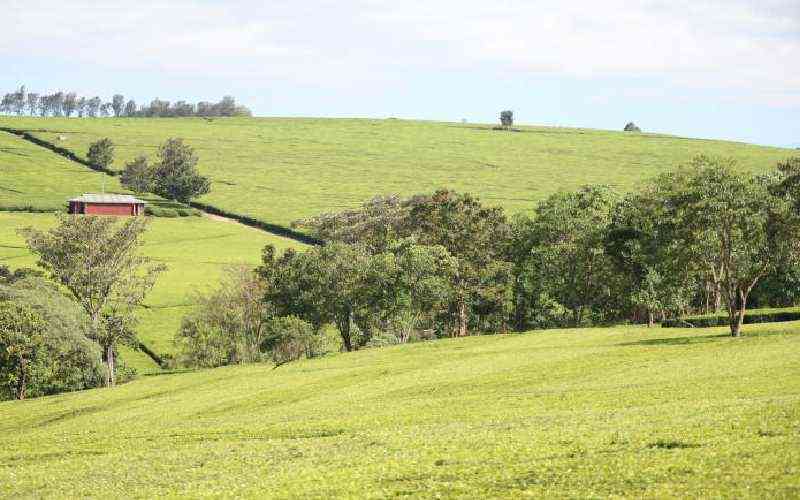
The unique characteristics of Kenyan tea remain generally unmatched in many territories; rich in flavour, amber brown, an infusion that gels with milk and high in antioxidants. Tea remains one of the important cash crops that earn Kenya Sh131 billion in exports yearly. Tea is grown in 19 counties in the country.
According to a report by the Tea Board of Kenya, tea production stood at 538 million kilogrammes in 2021, out of which 285 million kilogrammes came from smallholder farmers and the balance of 253 million kilogrammes from tea plantations.







